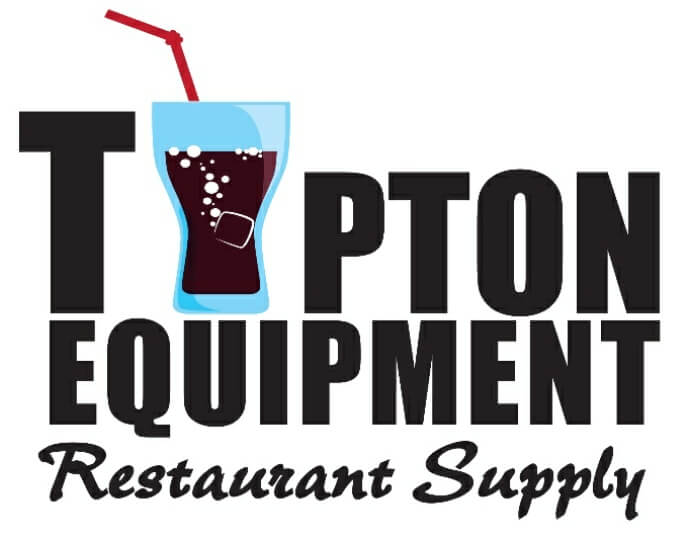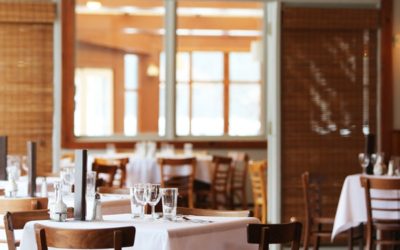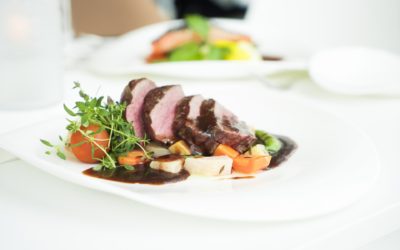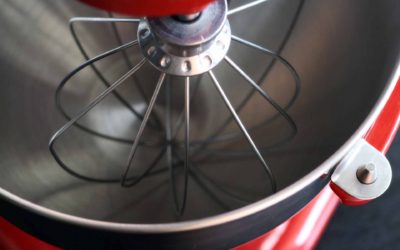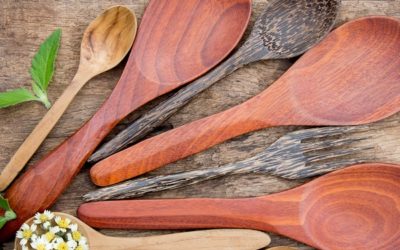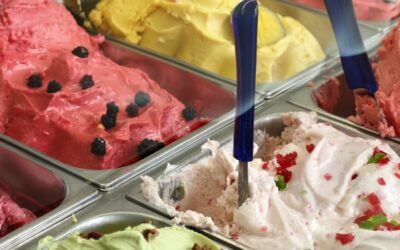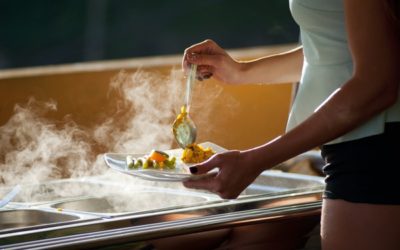3 Tips for Maintaining Your Commercial Oven
July 8, 2017As a restaurant owner, buying a commercial oven is an enormous investment. You will desperately want this oven to work properly and you need to make sure it does.
You are responsible for your restaurant business. But what if your commercial oven stops working on the night you need it the most? That’s why you need to know how to maintain your commercial oven properly. Make sure your oven works properly and prevent complications using the following tips.
1. Be gentle with your commercial oven door.
As ovens gets older, they develop inefficiencies in cooking and heating. Meals might take longer to get heated than they did when the oven was new. Also, your costs might rise due to higher usage of electricity and lower efficiency. The commercial oven might lose valuable warmth in a specific spot. All these complications can be the result of a broken oven door seal. Fixing this issue will save you a tremendous amount of time and money. You can prevent such an issue by regularly checking this and by not putting too much force on the oven door. Opening it too forcefully or slamming it shut puts too much force on the oven door, and this will result in a worsening tightness.
This issue is extremely easy to check; just put a piece of paper through the opening. If you can slide it through without any resistance, your oven door needs to be fixed. If you can’t slide the paper through, then you don’t have to worry about this particular issue, for now.
2. Check your commercial oven thermostat.
Another thing to check regularly is your thermostat. Be sure that your thermostat is calibrated well. If it isn’t, you could experience a multitude of cooking issues caused by temperatures being either too high or too low. Dishes might take too long to cook, or they might easily burn. That is one thing that you certainly do not want to happen on a busy evening.
You can check the thermostat by putting another thermostat that you know is well-calibrated inside the oven and comparing both temperatures. If there’s a difference in temperature, you need to recalibrate your thermostat with the right temperature.
3. Clean your commercial oven regularly.
If you don’t clean your commercial oven well and regularly, you’ll find your customers complaining about the taste. Remainders of old food can get mixed with the food you’re cooking. You might even hear complaints about the smoke from the oven tainting the flavor of the meal.
If you accidentally spill food in your oven, clean it as soon as possible; spills get cooked into the oven’s interior if you don’t clean it right away. You should clean your oven’s interior at least once a day regardless of food splashes and spills. Gently clean your oven every day to prevent complaints, and clean it thoroughly at least once a month.
5 Keys to Creating the Perfect Restaurant Seating Areas
Restaurants are about so much more than just food. From the setting and layout of your restaurant to your choice of colors, it takes a lot more than an appealing menu to keep diners coming back for more. When setting up your restaurant, booths and chairs are important...
5 Essential Buying Tips for Your Next Food Prep Work Table
The right foodservice equipment is pivotal to the efficiency of your kitchen. One of the most important types of foodservice equipment for any kitchen is the work table. With limited room on countertops available for your food prep needs, the cooking process can drag...
Tips for Keeping Your Commercial Sink Sparkling Clean
Your commercial kitchen, just like your personal kitchen, must be kept clean at all times. With all of the cooking and food processing you do, it is inevitable that your sink gets messy. Cleaning up your commercial kitchen is incomplete without proper cleaning of your...
Food-Cutting Secrets to Beautiful Dishes
In the restaurant industry, presentation is often said to be just as important as the food itself. Using the right knowledge, skills and restaurant supplies, you can incorporate creativity into your presentation, making guests feel that they are getting something...
Top Space-Saving Tips for Commercial Kitchens
Top Space-Saving Tips for Commercial Kitchens Space is always an important consideration when setting up a kitchen, and this is even truer for commercial kitchens. With a strong focus on functionality and the kitchen supplies that meet the needs of your commercial...
5 Ways to Get the Most Out of Your Mixer
No one wants to eat off of dirty or tarnished silverware. A stand mixer is a highly useful piece of kitchen equipment to invest in. Although this type of kitchen equipment does not usually come cheap, it can last a lifetime when properly cared for. Despite all your...
Restaurant Prep Tool Selection Simplified
What’s a restaurant kitchen without high-quality prep tools that can withstand the pressure of frequent use? Whether you already have a restaurant you’re running, or you’re just planning to launch one, one vital factor that could make or mar your business is how you...
Beginner’s Guide to Choosing a Commercial Ice Cream Freezer
Ice cream is a delicious and appealing desert treat for everyone, young or old. Having made the decision to sell ice cream to your customers, whether you have a restaurant, convenience store, or specialty ice cream parlor, it is time to begin stocking up on the right...
How to Choose the Right Kitchen Scales for Your Restaurant
A food scale is an essential item in every restaurant’s store of kitchen supplies. Designed to take the guesswork out of food measurement and maintain consistent food serving sizes, food scales are indispensable kitchen supplies in the commercial kitchen. With such a...
Beer Chilling Systems: Which Type Is Right for My Restaurant?
A refrigeration unit is integral to the functioning of any restaurant. Beers are best served cold - there’s no questioning that! But which beer chilling system is the best? From reach-in coolers to glycol chillers, a beer chilling system is an important piece of...
What Equipment Will I Need to run a Food Truck?
There’s a lot of planning that goes into starting your own food truck business. Before you hit the road with your delicious food offerings, you’ll need to fill up your truck with all the right foodservice equipment. Considering the lengthy list of possible items to be...
8 Types of Food Thermometers: What You Need To Know
Food thermometers are essential restaurant supplies for your commercial kitchen. They ensure that foods prepared in your commercial kitchen are cooked to the right temperature and held at that temperature for as long as necessary to kill any harmful bacteria. This...
How to Identify the Best Food Processor for Your Needs
Highly versatile and extremely efficient, food processors are designed to take away the hard work from repetitive kitchen activities. This type of cooking equipment can quickly become an invaluable tool in your kitchen. From chopping, to shredding, grinding, mincing,...
6 Keys to Choosing the Best Chafing Dishes for Your Restaurant
The chafing dish, also known as the chafer, is an essential piece of restaurant equipment for any establishment that wants to keep food hot. This type of restaurant equipment gets its name from the French word, chauffer, which means to heat, and it’s easy to see why....
Turning up the Dial on Commercial Fryers: How to Choose One for Your Restaurant
Fried food is a well-loved favorite. This is a fact. It also makes a fryer an important piece of equipment to have in your commercial kitchen. Just consider how many appetizers and sides require frying: onion rings, French fries, and fried green tomatoes are just a...
